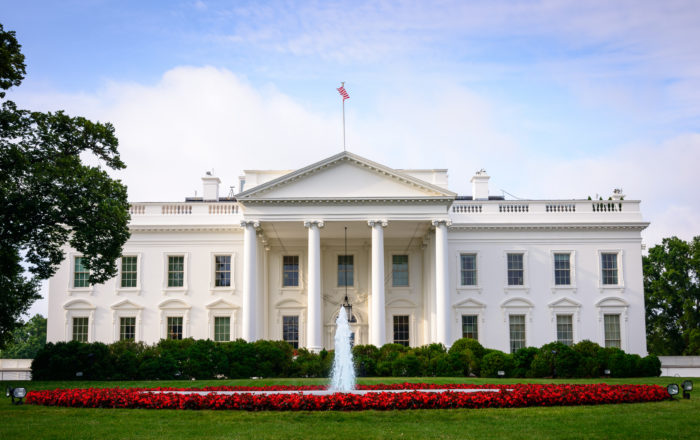Drug Pricing Proposals Raise Access Questions
July 29, 2020
A handful of new executive orders from President Donald Trump could have serious implications for patient access.

The orders, signed by President Trump on July 24, aim to lower Americans’ prescription drug prices through several measures:
- International pricing index. The administration proposes tying Medicare’s cost for certain medications to the lower prices paid by select nations outside of the United States. The concept mirrors a similar 2018 proposal.
- Eliminating rebates in the Medicare program. The president proposes ending pharmaceutical manufacturer rebates to Medicare’s pharmacy benefit managers. Under the proposal, the supply chain middlemen would instead receive a flat fee for their services. The move could benefit patients by lowering prescription drug expenses, so long as insurers don’t increase monthly premiums in response.
- Importation. One of the president’s executive orders would allow for states, pharmacies and wholesalers to import prescription drugs from countries where they are less expensive.
- Savings pass through for 340B program recipients. The executive order requires clinics that qualify for the federal 340B program, designed to ensure care for low-income or uninsured patients, to share savings on insulin and EPI pens with patients.
Access often hinges on the question of affordability, but the proposed measures may not help patients as intended.
Shortcomings of the International Pricing Index
The international pricing index, for example, is widely expected to have the unintended consequence of dampening innovation. The order takes effect August 24. Experts predict less investment, a decrease in clinical trials and ultimately fewer new treatments for patients as a result.
Further complicating matters, nations with lower prescription drug prices typically have more access barriers and longer wait times for patients who need innovative medication. In a recent survey, 75% of UK physicians agreed that their government rations health care to minimize costs. More than half of the physicians reported having patients who left the country to get care, and 82% agreed that their patients would benefit from better access to innovative medicine.
The UK is one of several European nations pegged for the international pricing index.
Concerns about Drug Importation & Patient Safety
The administration’s proposal for importation has also generated criticism. Patient safety remains a concern, as past FDA commissioners have made clear that the Department of Health and Human Services cannot ensure the quality of imported drugs. In a 2017 letter to Congress, four FDA commissioners explained that importing prescription drugs from other countries “could lead to a host of unintended consequences and undesirable effects, including serious harm.”
Meanwhile Canada, flagged as a potential source for importation, has said it cannot produce enough prescription drugs for both its own patients and America’s. One study estimated that Canada’s drug supply would be depleted in 224 days if even 10% of U.S. prescriptions were filled from Canada.
Policymakers have other opportunities to reduce health care spending, from value-based contracting to demanding greater transparency in hospital costs. But reducing expenses must not come at the cost of the very people the administration seeks to help – patients who need innovative, life-changing medicine.
Categorized in: Blog

